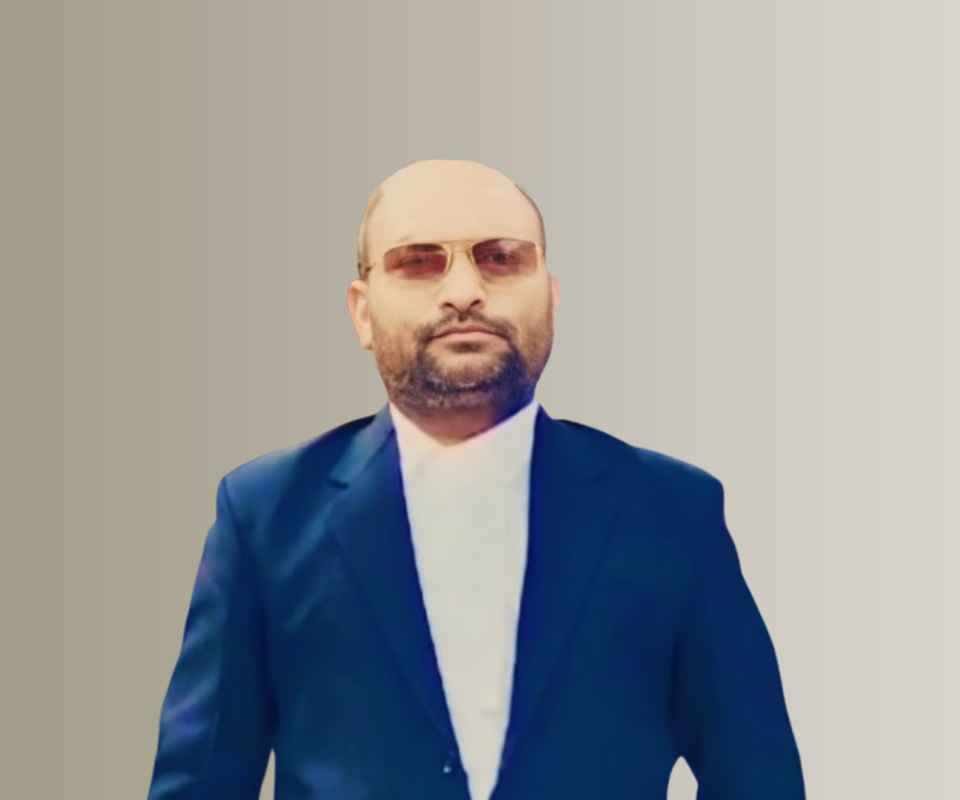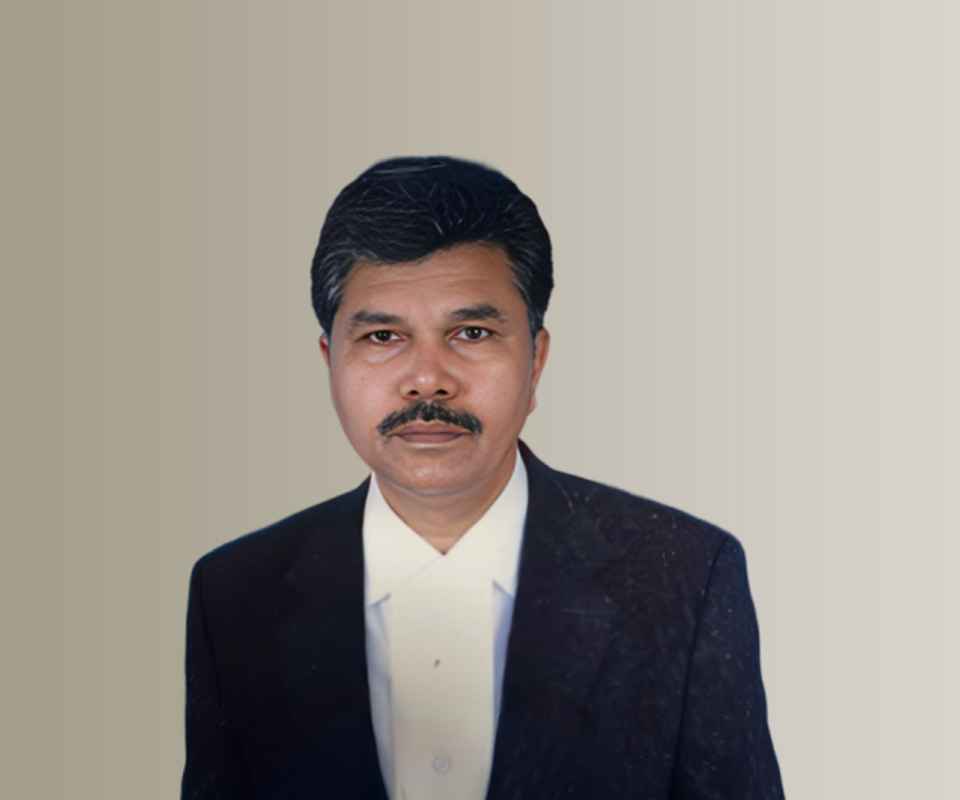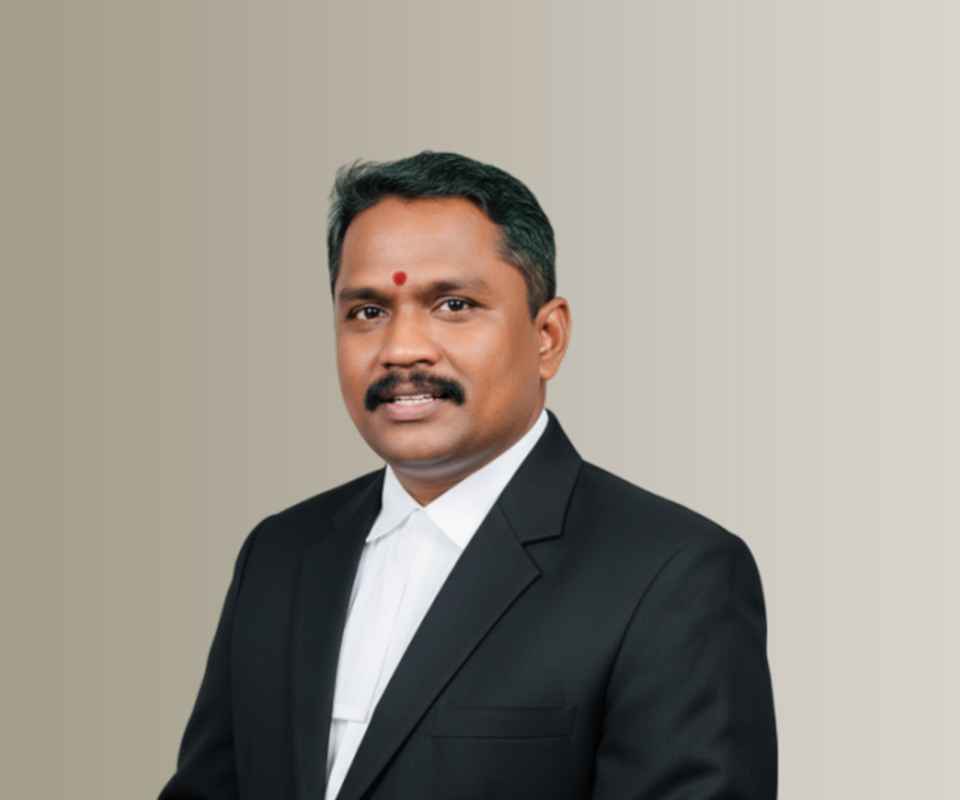Answer By law4u team
Constitution Of India Article 58: Qualifications for Election as President
(1) No person shall be eligible for election as President unless he— (a) is a citizen of India, (b) has completed the age of thirty-five years, and (c) is qualified for election as a member of the House of the People.
(2) A person shall not be eligible for election as President if he holds any office of profit under the Government of India or the Government of any State or under any local or other authority subject to the control of any of the said Governments. Explanation.—For the purposes of this article, a person shall not be deemed to hold any office of profit by reason only that he is the President or Vice-President of the Union or the Governor {1}***of any State or is a Minister either for the Union or for any State.
NOTE
{1}. The words or Rajpramukh or Uparajpramukh omitted by the Constitution (Seventh Amendment) Act, 1956, s. 29 and Sch. (w.e.f. 1-11-1956).
Brief Detail
Article 58 of the Constitution of India outlines the qualifications required for a person to be eligible for election as President. These include Indian citizenship, a minimum age of 35 years, and the necessary qualifications for being elected to the House of the People. Additionally, persons holding certain governmental offices of profit are disqualified from contesting for the presidency.
Question & Answers
What are the qualifications for election as President according to Article 58?
According to Article 58, a person must be a citizen of India, have completed 35 years of age, and be qualified to be a member of the House of the People to be eligible for election as President.
Is a person holding office of profit under the Government eligible for election as President?
No, a person holding any office of profit under the Government of India or any State Government is not eligible for election as President.
Example
Dr. A.P.J. Abdul Kalam, who served as President of India from 2002 to 2007, fulfilled the qualifications listed under Article 58, making him eligible for election.
Summary
Article 58 sets out the necessary qualifications for a person to be eligible for election as President of India, ensuring that candidates meet specific criteria related to citizenship, age, and disqualification for holding offices of profit.







